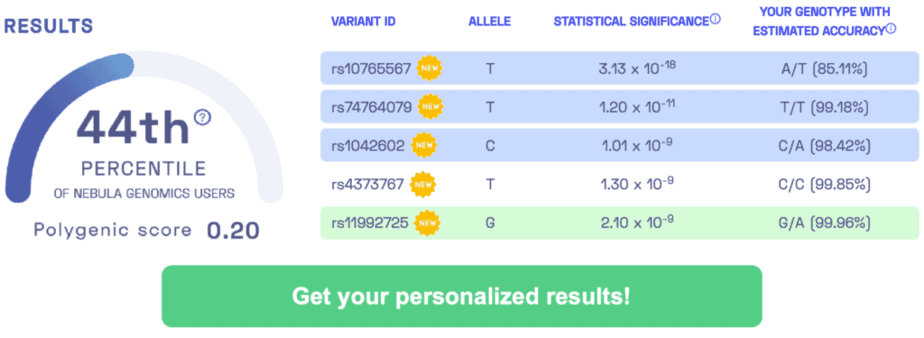STUDY TITLE: GWAS on longitudinal growth traits reveals different genetic factors influencing infant, child, and adult BMI
SUMMARY: Identification of 4 novel genetic variants that correlate with childhood growth and BMI.
DESCRIPTION: Obesity remains one of the biggest epidemics of the 21st century. Body mass index (BMI), a calculation based on a person’s height and weight, is the most common measure of obesity. Early in life, BMI fluctuates across three different periods: a peak after birth, a decline until the age of 5-6, and then an increase until adulthood. Adolescent BMI measurements were previously known to influence adult BMI levels, but little genetic contribution has been identified. This study examined the genetic data and BMI measurements of over 22,000 children of European ancestry. Three variants associated with elevated BMI of young children were discovered. These variants are also associated with adult BMI, suggesting the same genetic factors might influence both. These variants explain ~30% of the heritability of BMI. This study also identified a novel variant correlated with increased BMI shortly after birth, but this variant is not associated with elevated BMI later in life.
DID YOU KNOW? Skipping breakfast is actually associated with increased body weight. Aim to have a healthy meal of fruits and whole-grains before heading out the door. [SOURCE]
SAMPLE RESULTS: Learn more about the Nebula Research Library.

BMI-ASSOCIATED VARIANTS: rs9436303, rs10938397
ADDITIONAL RESOURCES:
Body Mass Index (Video)
BMI Calculator
WEEKLY UPDATE: September 20, 2019
